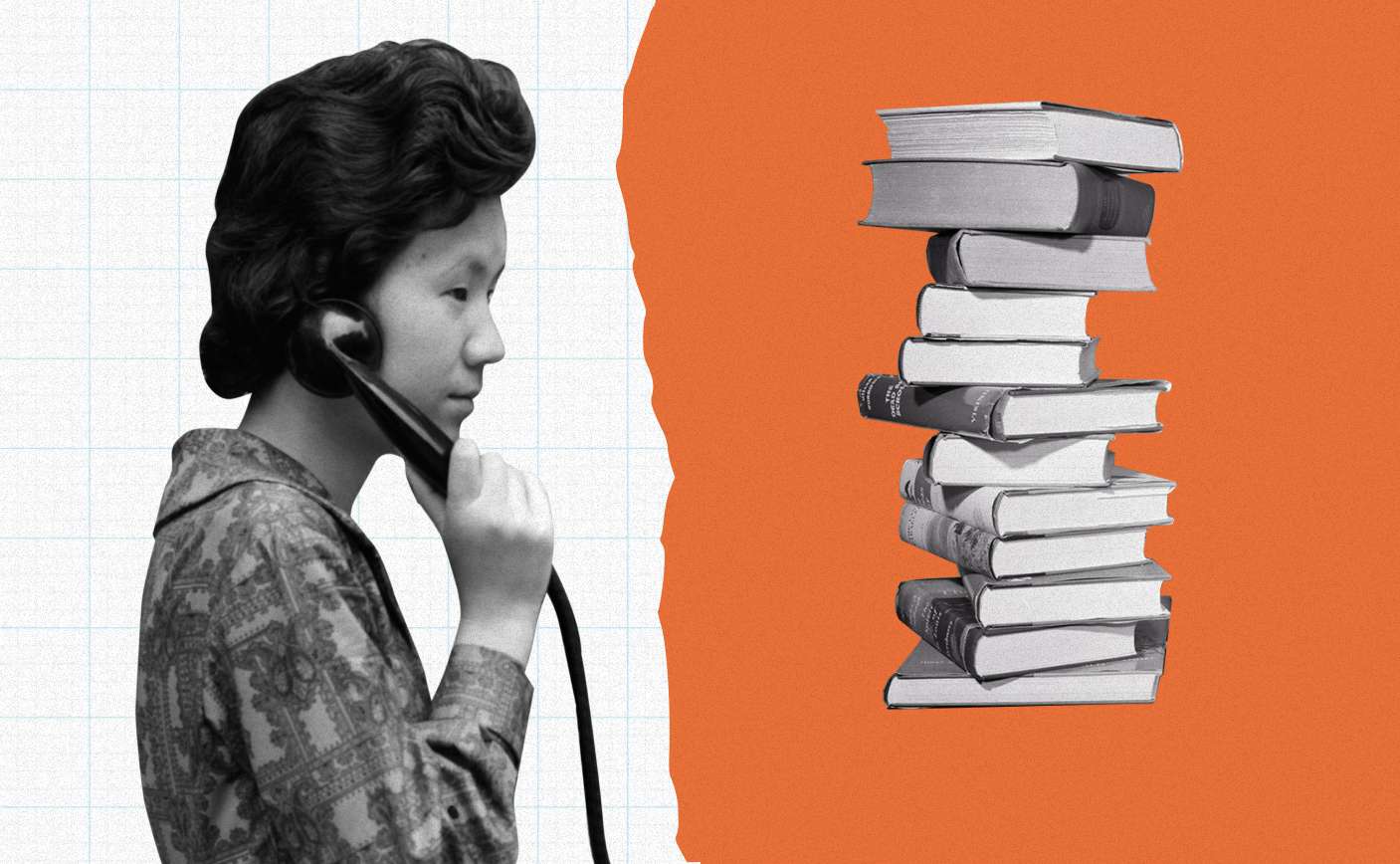Dear Kristin,
You can get financial advice from pretty much anywhere. Social media, friends, and relatives all have something to say about how you should invest your money, pay off your debt, or build wealth. With all this information out there, what’s the best way to quickly identify if someone’s financial advice is good or bad?
Sincerely,
Frustrated in Florida
Dear Frustrated,
This is a great question, but a hard one to answer. Because honestly, there is no right or wrong way to quickly determine if you’re getting bad money advice. If there was, we probably wouldn’t have so much misinformation out there! But I do have some tips to help you sort through the good, the bad, and the ugly in the world of financial advice.
First, trust your gut. You probably know a lot more than you think! If alarm bells go off in your head when the stranger on the street tells you to sell all your stocks, you should listen to that voice inside you that says, “Something doesn’t seem right.”
If a piece of advice you get sounds wrong, it might be! So don’t feel bad about doing your due diligence and following up with trusted sources (like The Balance) to verify the information.
Secondly, start considering the source of the advice. There is nothing wrong with turning to friends and family, or even the internet for financial advice. In fact, I always advocate talking about money, investing, and other financial topics with the people around us. But ask yourself: Do they have personal experience with what they’re discussing? Are they relaying information from reputable sources? Have they had positive outcomes from the advice they’re giving? If so, I would say that their suggestions might have some merit.
Lastly, I would recommend that you always do research on your own, no matter how good the advice sounds. Whether it’s from Instagram, your mom, or a coworker, you should check sources (again, like The Balance) to make sure that it’s good advice.
For example, if someone told you not to apply for a car loan because the Fed’s recent interest rate hike would make it a lot more expensive, that may not be the best advice. The Fed’s recent interest rate hike may only have a small impact on the amount you’d pay per month for that car loan. For example, the recent rise in interest rates would cost just $3 more per month on a 60-month car loan worth $25,000.
And by the way, all of the information on The Balance is fact-checked and updated with the latest financial developments and trends, and we work with experts in the industry so you can be sure that the information you get from us is good financial advice every time.
Good luck!
-Kristin
If you have questions about money, Kristin is here to help. Submit an anonymous question and she may answer it in a future column.
